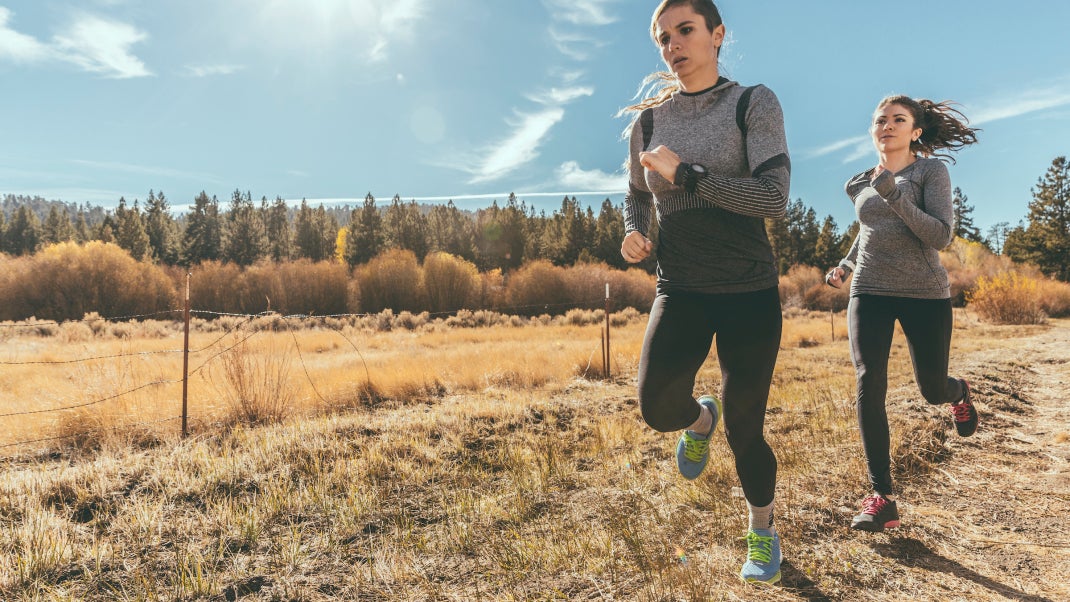Sexual Assault and Harassment Survey Aims to Improve Safety for Trail Runners

“Every 73 seconds, an American is sexually assaulted.” This statistic sits atop an Instagram post asking for trail and ultrarunners to share their experiences.
Share, that is, in an anonymous survey that could potentially help create a safer space for runners in the future. Dr. Christy Teranishi Martinez, an associate professor in the department of psychology at California State University, Channel Islands, along with research assistants Makayla Shapiro and Juliane Martinez are compiling data about sexual assault and harassment in the trail and ultrarunning communities specifically.
As the stark introductory statistic reminds us, assault and harassment happen frustratingly often. But this survey comes at a time when discussions about violence against women in particular are inflamed by the recent news of Sarah Everard, a UK woman who was murdered walking home from a friend’s house. Pro runner Emily Infeld recently revealed that she’s had to deal with stalking and threats of violence for the past three years.
People are demanding solutions to the statistics.
RELATED: It’s Time to Actually Do Something About Harassment While Running
This survey could be a start for the trail community. The survey asks questions about the types of harassment respondents have experienced while running, how many times, and asks for descriptions about how safe they feel in their running community. While the survey does not collect any personal identifiable information, if anything is revealed in the open-ended responses that information will not be disclosed.
The Runner’s Equity Alliance (REA) is helping to spread the word about the survey. “REA was created with the intent to help prevent and create change in regards to sexual harassment and assault in the outdoors,” says Gina Lucrezi, one of the founding members of REA as well as the founder of Trail Sisters. “Historically, our culture has normalized select behaviors that are inappropriate, and downright wrong, and unfortunately, that includes the sport of trail running. Cat-calls, threats, physical violence, harassment…we need to bring more awareness to these issues, educate, and hold people accountable for their actions.”
Once the researchers have collected and analyzed the data, they plan to use the survey results to develop a series of tools for race directors, running groups, and other community leaders. This educational toolkit could include general education on incidents of sexual harassment and assault, recommendations for intervention and prevention strategies, and a code of conduct.
The results will also help to develop an understanding of how trail runners experience sexual harassment or assault while running in order to start making necessary changes. As stated in the survey: “Findings will help better understand the trail and ultrarunning community’s needs. This study will benefit the fields of running, sports psychology, and health psychology, enhancing safety and well-being in the running community.”
Visit the Runners Equity Alliance website to take the survey. If you or someone you love has been a victim of sexual assault, here is a list of national resources that can help or call the National Sexual Assault Hotline: 855-656-HOPE.